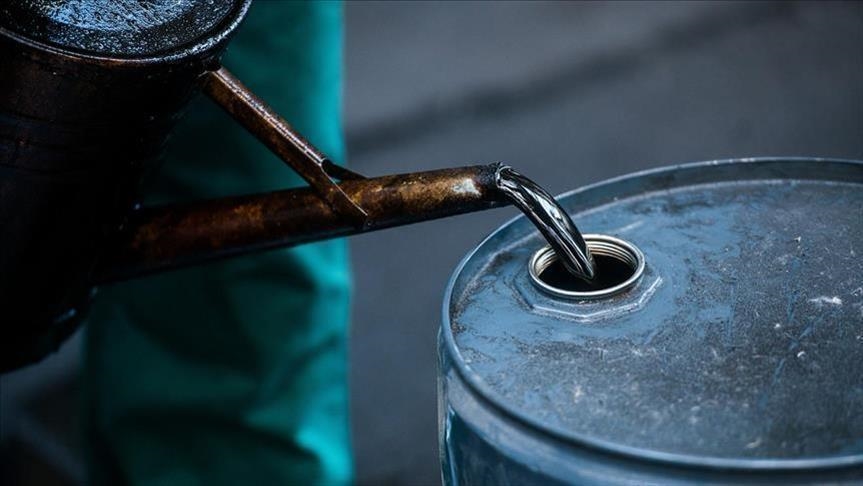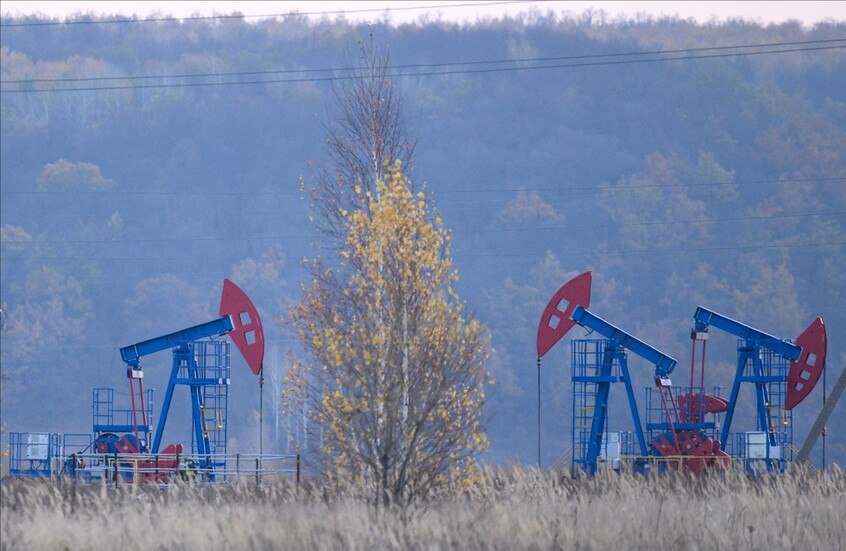European energy majors intensify focus on oil, sideline climate goals

Shafaq News/ Major European energycompanies doubled down on oil and gas in 2024 to focus on near-term profits,slowing down - and at times reversing - climate commitments in a shift thatthey are likely to stick with in 2025.
The retrenchment by oil majors comesafter governments around the world slowed the rollout of clean energy policiesand delayed targets as energy costs soared following Russia's full-scaleinvasion of Ukraine in 2022.
Big Europeanenergy companies that had invested heavily in the clean energy transition foundtheir share performance lagging U.S. rivals Exxon and Chevron, which had kepttheir focus on oil and gas.
Against thisbackdrop, the likes of BP and Shell this year sharply slowed their plans tospend billions on wind and solar power projects and shifted spending tohigher-margin oil and gas projects.
BP, whichhad aimed for a 20-fold growth in renewable power this decade to 50 gigawatts,announced in December it would spin off almost all its offshore wind projectsinto a joint venture with Japanese power generator JERA.
Shell, whichonce pledged to become the world's largest electricity company, largely stoppedinvestments in new offshore wind projects, exited power markets in Europe andChina and weakened carbon reduction targets.
Norway’sstate-controlled Equinor also slowed spending on renewables.
"Geopoliticaldisruptions like the invasion of Ukraine have weakened CEO incentives toprioritise the low-carbon transition amid high oil prices and evolving investorexpectations," Rohan Bowater, analyst at Accela Research, told Reuters. Hesaid BP, Shell and Equinor reduced low-carbon spending by 8% in 2024.
Shell toldReuters it remained committed to becoming a net zero emissions energy businessby 2050 and continues to invest in the energy transition.
Equinorsaid: "The offshore wind segment has been through demanding times in thelast couple of years due to inflation, cost increase, bottlenecks in the supplychain, and Equinor will continue to be selective and disciplined in ourapproach."
BP did notrespond to a request for comment.
TOUGHCLIMATE
The oilcompanies' retrenchment is bad news for efforts to mitigate climate change.Global heat-trapping carbon emissions are forecast to climb to a new high in2024, which will be the warmest year on record.
And 2025 isshaping up to be another tumultuous year for the $3 trillion energy sector,with climate-sceptic Donald Trump returning to the White House. China, theworld's biggest crude oil importer, is trying to revive its faltering economy,potentially boosting oil demand.
Europe facescontinued uncertainty over the war in Ukraine and political turmoil in Germanyand France.
All thosetensions were laid bare at the annual United Nations climate conference in Bakuin Azerbaijan in November, when the host country's President Ilham Aliyev,hailed oil and gas as "a gift from God".
That summityielded a global climate finance deal but disappointed climate advocates whohad hoped governments would coalesce around a phase-out of oil, gas and coal.
The energycompanies will be watching to see if Trump follows through on promises torepeal President Joe Biden's landmark green energy policies, which have spurredinvestments in renewables across the United States.
Trump hasvowed to remove the United States from global climate efforts, and hasappointed another climate sceptic, oil executive Chris Wright, as his energysecretary.
OIL DEMAND
There arepotential pitfalls in the energy majors' renewed emphasis on oil and gas.
Demandgrowth in China, which has driven global prices for two decades, is slowing,with growing signs that its gasoline and diesel consumption is plateauing.
At the sametime, OPEC and top oil producing allies have repeatedly delayed plans to unwindsupply cuts as other countries, led by the United States, increase oil output.
As a result,analysts expect oil companies to face tighter financial constraints next year.Net debt for the top five western oil giants is expected to rise to $148billion in 2024 from $92 billion in 2022, based on LSEG estimates.
(REUTERS)





